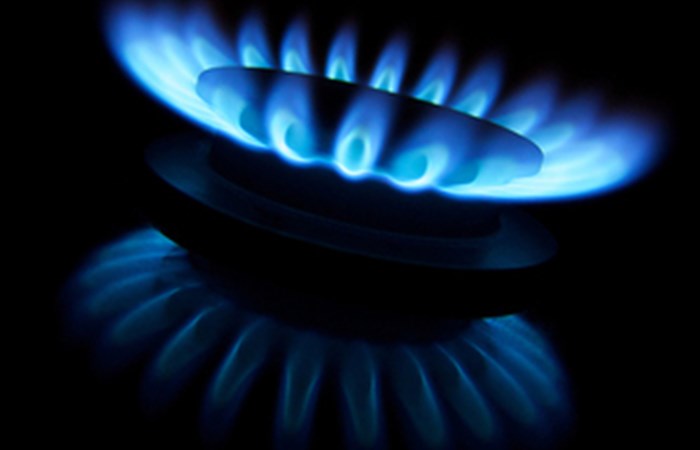Competition and Markets Authority

Following publication of the summary of its provisional decision on remedies last week, the Competition and Markets Authority (CMA) has now published the . This sets out the independent investigation groups comprehensive package of 33 remedies, which it proposes to introduce following the conclusion of its investigation in June. The full text of the report, supported by 30 appendices which will also be published shortly, includes a detailed assessment of each remedy and the evidence gathered from all interested parties.
As well as those measures aimed directly at customers (including microbusinesses) to encourage more switching to competitively priced deals and a temporary safeguard price control for prepayment customers, the CMA has set out a wide range of measures to bring about changes in the electricity wholesale market, push forward technical developments and tackle regulatory and policy issues all of which could ultimately help reduce customers bills.
The main measures proposed are:
- An Ofgem-controlled database which will allow rival suppliers to contact by letter only domestic and microbusiness customers who have been stuck on their suppliers default tariff for 3 years or more, to offer them better deals. Customers can opt out beforehand and at any time afterwards and those companies granted access to the database would be subject to strict controls.
- A transitional price control for the 4 million households who are on prepayment meters, who face limited competition from suppliers and whose ability to switch and find better deals is far more limited than for credit and direct debit customers.
- Removing restrictions on the ability of new suppliers to compete for prepayment customers and reducing barriers such as debt issues that make it difficult for such customers to switch.
- Strengthening the ability and incentives for third party intermediaries such as price comparison websites (PCWs) to help customers find better deals by giving them access to relevant information like customer meter numbers and allowing them to negotiate exclusive deals with suppliers. This will be accompanied by a requirement for PCWs to be transparent about how they cover the market and the information on display.
- Removing the four-tariff rule which limits competition and innovation. This will enable suppliers and PCWs to offer targeted tariffs to specific groups of customers.
- A requirement that the approximately 700,000 households on non-Economy 7 restricted meters are allowed to switch to cheaper single-rate tariffs without requiring a meter replacement.
- Helping microbusinesses through improved price transparency, tackling rollover contracts with greater notice periods and ending termination fees which prevent switching, as well as moves to prompt and engage.
- Ensuring that certain measures in Ofgems programme to help provide domestic customers with clearer information are prioritised and ensuring that all measures concerning domestic and microbusiness customer information are road-tested prior to introduction.
- Ensuring that the contracts for difference process where the government supports investment in low carbon generation is carried out transparently so that the impact on customer bills is assessed beforehand. There should be a clear rationale for the allocation of funding to different technologies and for the exceptional circumstances when competitive auctions are not used. The report includes one case study where a more competitive process for offshore wind could have saved consumers 250 million to 310 million per year but it has not assessed other projects.
- Ensuring that both electricity and gas settlement processes are reformed to lower costs to consumers by enabling more accurate measurement of consumption and more efficient supply and to enable the full benefit of smart meters to be realised.
- Introducing a locational pricing system to take account of transmission losses incurred when transporting electricity, to reduce the overall cost to customers.
- Improving the policy and regulatory framework to provide a clear division of responsibilities and transparency in relation to policy creation and implementation and changes to industry codes. This includes strengthening Ofgems independence, reporting powers and ability to drive changes forward.
These changes would be brought in via a combination of CMA orders and recommendations to Ofgem and government.
The CMA is now consulting with all interested parties on its provisional decision on remedies before publishing its final report in June.
All the CMAs functions in phase 2 merger inquiries are performed by independent inquiry groups chosen from the CMAs panel members. All information relating to the investigation, including the members of the group, the timetable for the rest of the investigation as well as submissions, hearing summaries and working papers, is available on the energy market case page.
